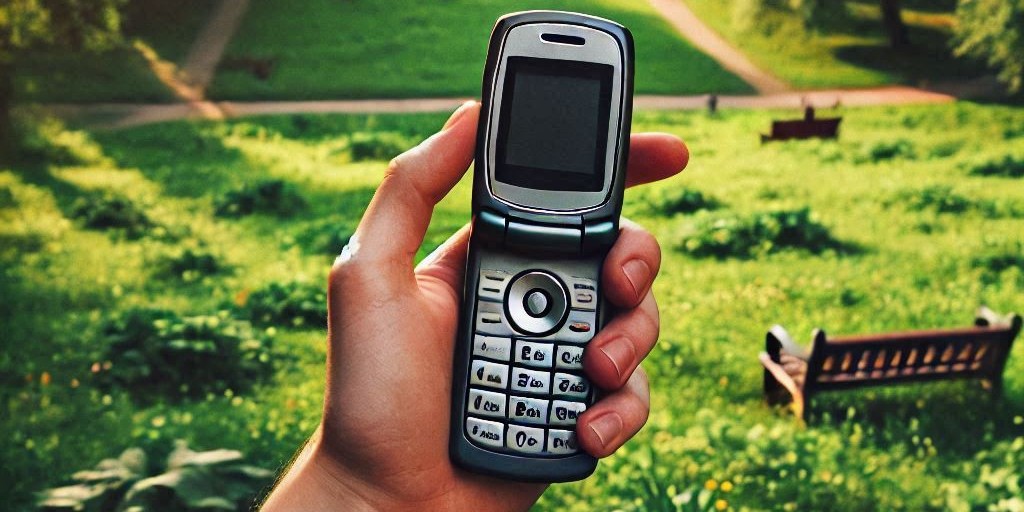Sarah keeps her old flip phone in plain sight during client meetings at her San Francisco tech startup. As a 25-year-old product manager, she’s aware of the raised eyebrows and curious glances it attracts. “It’s almost funny watching people try to process it,” she says. “They expect me to have the latest smartphone, but I’m making a different choice.”
Sarah represents a growing movement among Gen Z professionals who are deliberately downsizing their digital footprint. Recent surveys indicate that 42% of professionals aged 18-25 have attempted some form of “digital detox” in the past year, marking a significant shift in how young people view technology consumption.
The Shift
The irony isn’t lost on sociologists: the generation that grew up with smartphones glued to their hands is now leading the charge against constant connectivity. This reversal represents more than just tech fatigue—it’s a fundamental reimagining of what progress looks like in the digital age.
“We’re seeing a complete inversion of status symbols,” explains Maya, a digital sociology researcher at Stanford University. “While previous generations displayed wealth and success through the latest gadgets, younger professionals are increasingly signaling their status through digital absence.”
This shift coincides with growing awareness of tech’s impact on mental health and productivity. Studies show that 67% of Gen Z professionals report feeling more focused and creative after reducing their digital consumption, leading to what some call the “luxury of disconnection.”
Status Signaling
The social media landscape is witnessing an intriguing phenomenon: users announcing their departure or reduced presence on platforms. These “offline status” announcements often garner significant engagement, with followers expressing admiration and envy for the poster’s digital courage.
“It’s become a power move,” notes workplace culture expert James. “When a young executive pulls out a paper notebook in a meeting instead of a tablet, they’re sending a clear message about their relationship with technology.” This behavior is particularly prevalent among those in higher-paying positions, where the ability to disconnect becomes a marker of professional success.
The Business Response
The market has taken notice. Companies are racing to create products that embody digital minimalism while maintaining essential functionality. The Light Phone, with its deliberately limited features, has seen a 300% increase in sales among young professionals in the past year. Similarly, apps designed to reduce screen time have become a billion-dollar industry.
“We’re seeing a surge in demand for what we call ‘conscious tech,’” explains Marina of MinimalTech Solutions. “Products that help users maintain boundaries with their digital lives while acknowledging that complete disconnection isn’t realistic in today’s world.”
The Reality Check
However, maintaining digital minimalism comes with its challenges. Career counselor David warns that complete disconnection can be professionally risky. “The key is finding balance. Many of my clients who initially went extreme with digital minimalism had to adjust their approach to remain competitive in their fields.”
Data supports this nuanced view: while 78% of professionals report benefits from reduced tech use, 65% say they’ve had to modify their minimalist practices to meet job requirements. The most successful digital minimalists aren’t those who completely disconnect, but those who strategically choose when and how to engage with technology.
Looking Ahead
Experts predict this trend will continue evolving. “We’re likely to see a more sophisticated form of digital minimalism emerge,” she says. “One that focuses less on complete abstinence and more on intentional use.”
For professionals like Sarah, the future is already here. “I still use technology—I have to,” she explains. “But I control it now, instead of letting it control me. And yes, sometimes that means using a flip phone in Silicon Valley.”
Digital Minimalism Starter Kit
- Conduct a digital audit
- Choose 2-3 essential apps
- Set specific tech-free times
- Use grayscale display settings
- Implement ‘hard stops’ for work communication
By the Numbers
- 42% of Gen Z professionals attempted digital detox in 2024
- 67% report improved focus after reducing tech use
- 300% increase in minimalist phone sales
- 78% experience benefits from reduced tech use
- 65% needed to modify extreme minimalist practices
Voices
“Digital minimalism isn’t about rejecting technology—it’s about reclaiming your attention.” – Sarah, Product Manager
“The ability to disconnect has become the ultimate luxury in our always-on world.” – Maya, Digital Sociologist
“We’re seeing a fundamental shift in how success is displayed.” – James, Workplace Culture Expert

